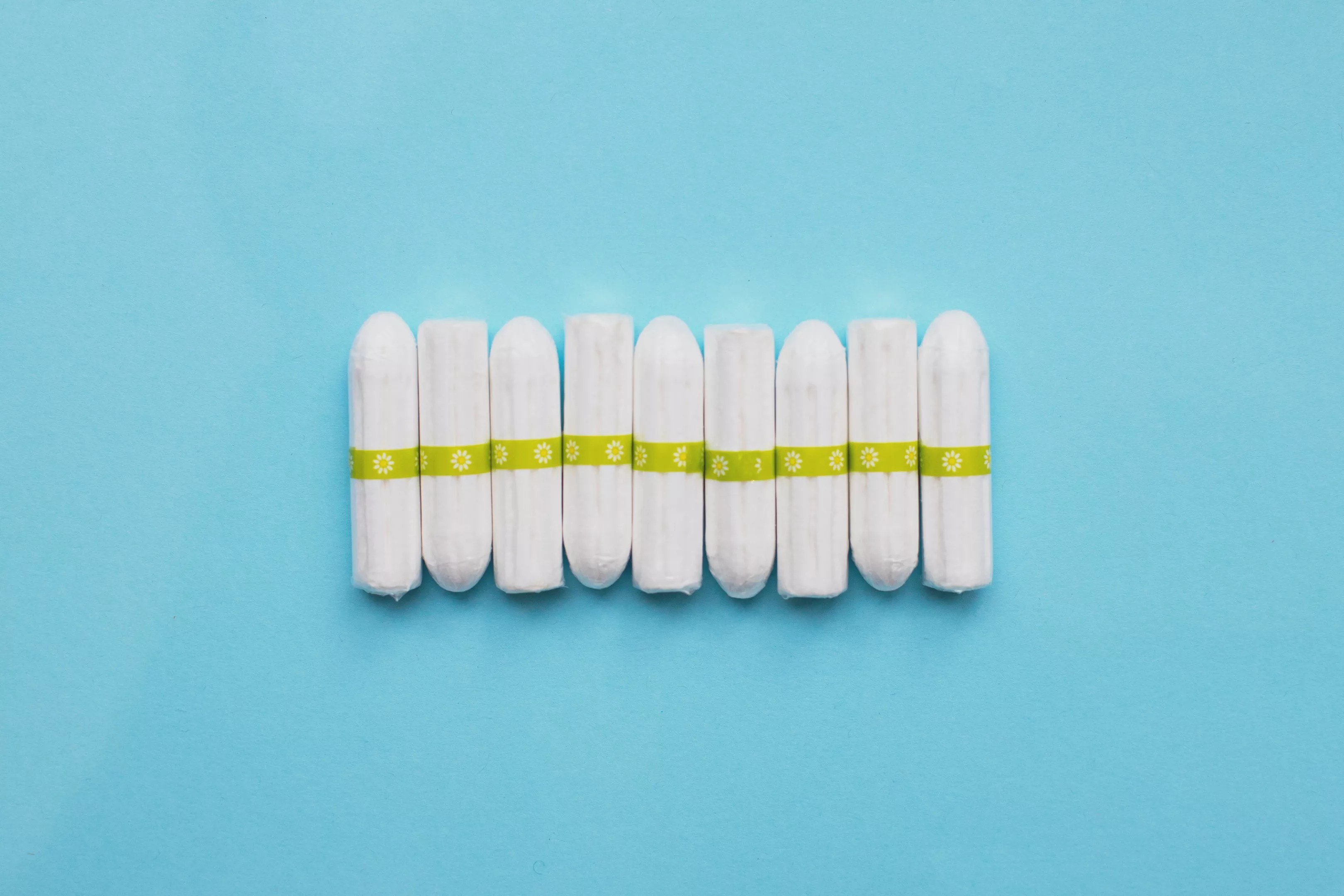
Audio By Carbonatix
As roughly half of the world’s adult population knows, getting your period sucks. But period-havers may see a little fiscal relief now that Texas legislators are working to pass a law that would eliminate sales tax on menstrual products.
House Bill 300, by state Rep. Donna Howard, an Austin Democrat, passed out of the state’s lower chamber last week. The bill, which has benefited from robust bipartisan support, then headed to the state Senate.
Other non-period products were included in HB 300, including diapers, maternity clothes and baby wipes. Three of the state’s leading Republicans – Gov. Greg Abbott, Lt. Gov. Dan Patrick and House Speaker Dade Phelan – have all spoken in support of the effort.
Groups advocating for an end to so-called tampon taxes are also heralding the measure.
“This is a civilized conversation that we can have about women’s bodies and their needs, and it’s refreshing. It’s exciting to see people be able to have this conversation,” said Michela Bedard, the executive director of PERIOD., a global nonprofit dedicated to ending “period poverty,” whereby low-income girls and women struggle to afford menstrual products. “I think it’s something that Texas can do for women at a time when a lot of Texas women are hurting and needing more help with their health care.”
Even as the Texas Legislature considers a range of contentious issues, the state’s lawmakers seem poised to push this measure to the finish line.
HB 300 stands against the backdrop of a war on reproductive health for women, Bedard said. Texas enacted a six-week abortion ban in 2021, and the following year, the U.S. Supreme Court overturned Roe v. Wade, the 1973 landmark decision that guaranteed abortion as a constitutional right.
Some Texas conservative lawmakers and anti-abortion advocates have since vowed to boost social and medical services to help support the state’s new mothers. And while many folks would argue that there’s more work to be done, they’re also happy to see the state take a step toward easing such burdens.
Bedard mentioned the stigma that still hangs over the topic of menstruation. She said period poverty has largely gone overlooked by the government. The way she views it, this may be because the people in power, historically speaking, “probably didn’t have a period.”
Howard released a statement on social media shortly after her bill passed, writing that she’s “proud to champion this effort along with other members of the House and look forward to working with [her] Senate counterparts to get this bill to Governor Abbott’s desk.”
The press release also included quotes from other House members who’d filed similar bills this session, including state Rep. Angie Chen Button, a Republican from Richardson, who noted that HB 300 would help slash the cost of “items essential to daily living.”
Today, the TX House made #txlege history – HB 300 is on its way to the Senate! This is the first time a bill of this nature has made it this far in the process. Thank you to @DadePhelan for making this a House priority and to my colleagues for their support! pic.twitter.com/0fekuGmPfa
— Donna Howard (@DonnaHowardTX) March 29, 2023
In one recent study, more than 2 in 5 respondents reported they’d had difficulty affording period products, said Lacey Gero, the manager of state policy at the Alliance for Period Supplies, a national network of community-based nonprofits. She explained that the alliance, launched in 2018 as a program of the National Diaper Bank Network, aims to end period poverty and eliminate state sales taxes on period supplies.
But period poverty is more than just struggling to obtain products, Gero said.
“This should be bipartisan. It should be sweeping. It’s going to have a lot of impact on a lot of people.” – Michela Bedard, PERIOD. executive director
“Unfortunately, period poverty exacerbates the vicious cycle of poverty by forcing ‘menstruators’ to withdraw from daily life, losing pay or missing educational opportunities or risking infection by using proxy products – such as socks or toilet paper – or not changing products as often as needed,” she said.
She also noted that Texas is one of only 22 states that still includes a sales tax on period supplies.
Tampons and similar products are taxed as luxury items, but they’re actually basic necessities, Gero said. People need such supplies in order to go to work and school, and parents need diapers to send their kids to childcare.
“So I think that now is really a time to offer families in Texas a break,” Gero said. “And while a tax might seem small, it can mean a lot for a family that’s in need of these products.”
Bedard said that Texas has been the state that her group is most focused on, adding that it’s going to be a “bellwether state” for many of the remaining holdouts. She argued that period taxes are unconstitutional, pointing out that they treat people differently solely on the basis of sex.
She hopes that state lawmakers outside of Texas will also realize that the issue isn’t controversial or scary. Rather, it’s something from which some 50% of the population can benefit.
“I think Texas should be very proud of what they’re doing, and the state senators should feel a lot of pride and enthusiasm going into the next vote,” Bedard said. “This should be bipartisan. It should be sweeping. It’s going to have a lot of impact on a lot of people.”
